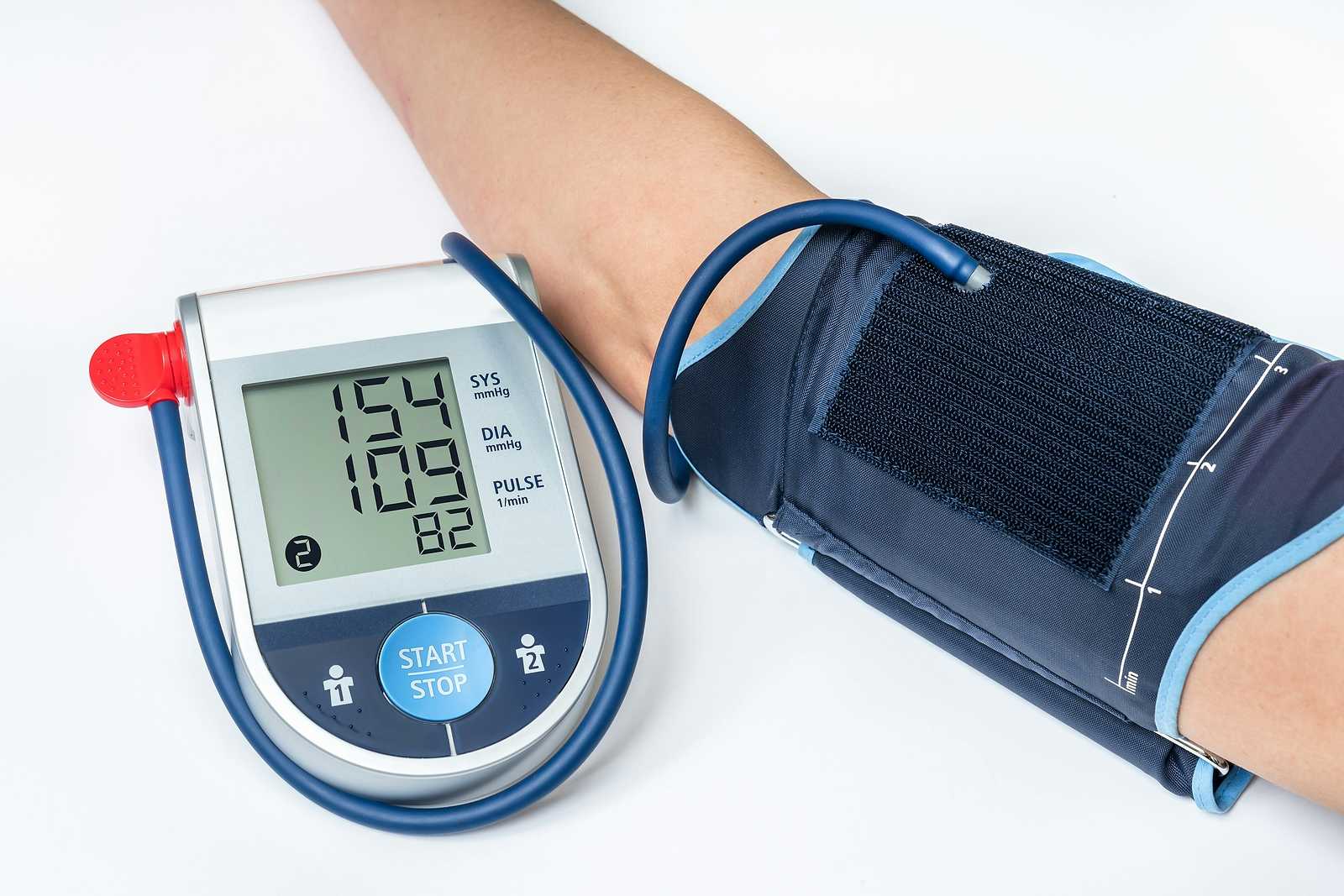
It took more than 30 years but we have a new medication to treat hypertension. It is called Tryvio (aprocitentan). Will it make a big difference in the management of high blood pressure? Only time will tell. Here is a quick rundown of the pros and cons of Tryvio.
The Blood Pressure Problem in America:
It is estimated that more than 122.4 million Americans have high blood pressure (Circulation, Feb. 20, 2024). That’s roughly half of American adults.
Many people cannot control their hypertension with diet and exercise. That’s when doctors start writing prescriptions for diuretics, ACE inhibitors (like lisinopril), ARBs such as losartan, calcium channel blockers like amlodipine or beta blockers such as metoprolol.
These are old medications. That means generic and affordable. And many people can take them without a problem. But side effects are not uncommon with all these drugs. You can read about the potential challenges of each at the following links:
Diuretics such as Hydrochlorothiazide Side Effects
ACE Inhibitors such as Lisinopril Side Effects
ARBs such as Losartan Side Effects
Calcium channel blockers such as Amlodipine Side Effects
Beta blockers such as metoprolol Side Effects
Tryvio is Different:
The new compound, aprocitentan (Tryvio) works differently from existing blood pressure medicine and is approved as an add-on medication for people who have a hard time controlling their blood pressure. The medication, which will be sold under the brand name Tryvio, blocks a compound called endothelin (ET) that constricts blood vessels.
By blocking ET from attaching to its receptors, blood vessels are less likely to constrict and raise blood pressure. It seemed so promising that Johnson & Johnson purchased the rights to the drug back in 2017. For reasons that are a bit obscure, J&J backed out of the deal. The original developer, Idorsia, went forward on its own.
There was a 4 point blood pressure lowering effect with the drug compared to placebo. Side effects include fluid retention (edema), birth defects, liver toxicity and anemia.
Restricted Access for Tryvio:
According to the company, Tryvio will not be readily available. The FDA is apparently requiring the company to follow a REMS (risk evaluation and mitigation strategy). Here is how the company describes that:
“TRYVIO is available only through a restricted program under a REMS called the TRYVIO REMS because of the risk of embryo-fetal toxicity. Prescribers must be certified with the TRYVIO REMS by enrolling and completing training. Pharmacies that dispense TRYVIO must be certified with the TRYVIO REMS.”
We interpret that to mean that “average” health care providers will not be able to prescribe this new BP medicine. They will have to be “certified” after going through a training program. And not all pharmacies will be able to dispense this BP drug. They too will have to be certified.
The company also warns patients that:
“Before taking TRYVIO, tell your healthcare provider about all of your medical conditions, including if you:
- have liver problems
- have heart failure
- have anemia
- have kidney problems or get dialysis
- are pregnant or plan to become pregnant during treatment with TRYVIO. TRYVIO can cause serious birth defects.
- are breastfeeding or plan to breastfeed. It is not known if TRYVIO passes into your breastmilk. Do not breastfeed if you take TRYVIO.”
There is also this:
“TRYVIO may cause other serious side effects, including:
- Liver problems. TRYVIO may cause liver problems. Your healthcare provider should do blood tests to check your liver before starting treatment and as needed during treatment with TRYVIO. Tell your healthcare provider if you have any of the following symptoms of liver problems during treatment with TRYVIO:
|
|
|
|
|
|
|
|
- Fluid retention. Fluid retention and swelling are common during treatment with TRYVIO and can be serious. Tell your healthcare provider right away if you have any unusual weight gain, trouble breathing, or swelling of your ankles or legs. Your healthcare provider may treat you with other medicines (diuretics) if you develop fluid retention or swelling.
- Low red blood cell levels (anemia). Anemia is common during treatment with TRYVIO and can be serious. Your healthcare provider will do blood tests to check your red blood cells before starting and as needed during treatment with TRYVIO.
- Decreased sperm count. TRYVIO may cause decreased sperm counts in males and may affect the ability to father a child. Tell your healthcare provider if being able to have children is important to you.”
Final Words:
Is Tryvio a breakthrough against high blood pressure? We will let your doctor determine that. We suspect it will be a lot more expensive than most of the generic blood pressure meds listed above.
If you would like to learn more about a number of strategies for controlling hypertension, here is a link to our eGuide, Blood Pressure Solutions. It can be found under the Health eGuides tab.

